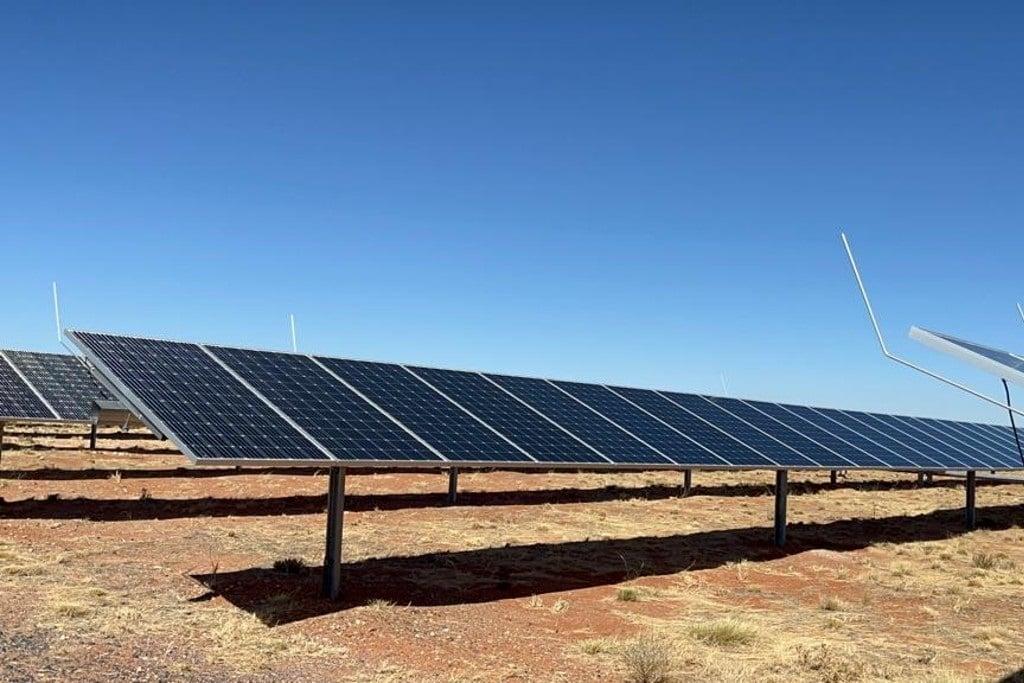Africa-Press – South-Africa. The Department of Energy’s independent power producer office briefed prospective bidders on the first-ever battery storage procurement on Monday, introducing much more relaxed economic development criteria than previously were required.
The government has called for bids for 512MW of battery storage located at five sub-stations in the Northern Cape.
In the last bid round of the renewable independent power producer programme (REIPPP), the department required that bidders use a certain proportion of locally manufactured materials to qualify to bid. The condition caused consternation in the industry due to the short supply of locally manufactured parts. But, due to a court challenge that set aside the regulations under the Preferential Procurement Policy Framework Act (PPPFA), which made provision for pre-qualifications, the department has reverted to an earlier form of the Act.
Under this arrangement, which existed until 2017, bids were scored on a points system, where 90% of the points related to price and only 10% of the points to other criteria, such as black ownership, local content and so on.
The IPP office’s Louis Moyse said that it would not be compulsory for bidders to meet any of the economic development criteria but that these would be included in the scoring. The largest weighting in the 10 points would be for black ownership. Points would also be awarded for other elements on the generic BEE scorecard, such as job creation and black management control.
The Cabinet approved a new Public Procurement Bill last week and will begin making its way through Parliament. Should it become law, the system will change agains as state entities will have complete freedom to set their own criteria to assist previously disadvantaged people in gaining a leg up to win state contracts.
Said the head of the IPP office, Bernard Magoro:
The rationale for locating all the battery storage projects in the Northern Cape was to effectively increase the space to build additional solar PV capacity.
Said Eskom’s Caswell Ndlovu: “We focused on the Northern Cape because it has a lot of solar PV, which has a predictable profile and because it was one of the first areas to run out of grid capacity. Another 513MW can now be charged to the battery storage. Now that we have grid capacity issues everywhere, we will look for more sites in the Northern Cape and the Western Cape.”
Each of the five sites must supply a designated amount of megawatts which must be dispatchable for four hours daily. The system operator in the Eskom head office will have complete discretion over when the battery power is dispatched.
Magoro also gave an update on the office’s other procurement processes, saying since the REIPPP restarted in 2018, the office has plans to procure 28GW of energy. Magoro said he remained confident that all of the winning projects in the Risk Mitigation Independent Power Producer (RMIPPP) and Bid Window 5 would reach financial close by the end of 2023. Several of the projects appeared to be stranded with many having offered prices that are now underwater due to inflation and global supply chain constraints.
Bid Window 6 for 4 200MW was open to bidders and would close soon. A request for proposals (RFP) for 3 000MW of gas was in a design phase, and once regulatory matters with the Transnet Ports Authority were finalised, he said it would be issued to the market.
For More News And Analysis About South-Africa Follow Africa-Press






